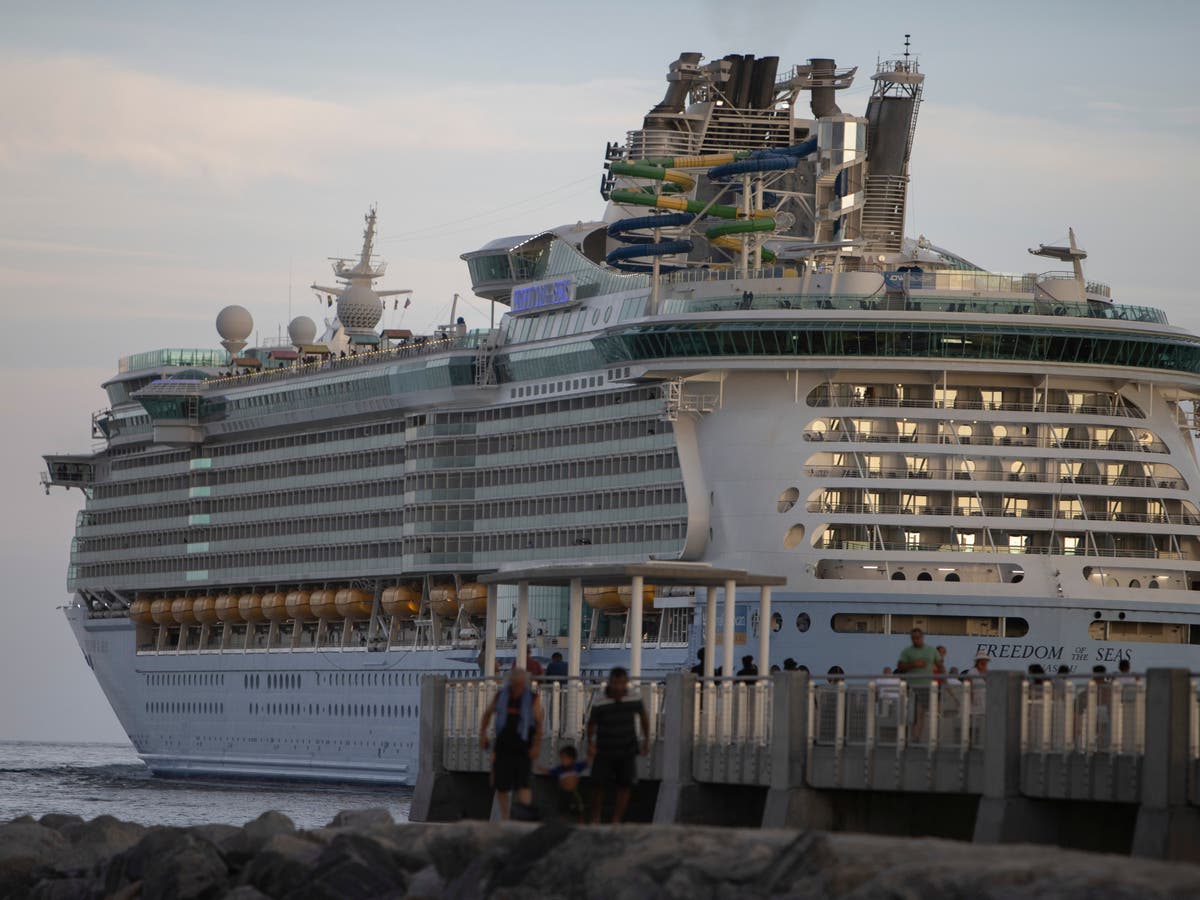What Is a Narcissistic Collapse?
The term “narcissist” is thrown around a lot to describe any self-centered person, but narcissistic personality disorder is a real diagnosis that can be pretty serious. While we tend to frame narcissists as villains when we talk about them,...


Photo: SB Arts Media (Shutterstock)
The term “narcissist” is thrown around a lot to describe any self-centered person, but narcissistic personality disorder is a real diagnosis that can be pretty serious. While we tend to frame narcissists as villains when we talk about them, it’s important to remember that someone with NPD has a mental condition, and they can face struggles as a result. For instance, a person with NPD may experience “narcissistic collapse.”
What is narcissistic collapse?
As Dr. Elinor Greenberg explained in a Psychology Today piece earlier this year, one major misconception about narcissists is that they have great self-esteem and never experience self doubt. In actuality, a person with NPD has distinctly unstable self-esteem—that’s why they depend on other people’s validation.
When anticipating some kind of public failure, a person with NPD can experience what’s known as a narcissistic collapse resulting from their anxiety. Being revealed to be a flawed person (as we all are) is devastating to someone with this disorder and can lead them to sink into a shame-based depression. Their fear of exposure in the future impacts their ability to function in the present.
Someone with NPD uses the facade of grandiosity as a sort of defense. Dr. Maggie Vaughan of Happy Apple psychotherapy in New York City said that when that defense mechanism stops working, the person is forced “to face the deep shame and worthlessness that drive their condition.” This results from a “low” that shatters their ability to uphold the pretense of being extraordinary. As examples of what could trigger the collapse, she pointed to job losses or social rejections, but added these would likely have to occur in a series, as one blow is “rarely sufficient to penetrate the narcissist’s defenses.”
G/O Media may get a commission
What are the signs of narcissistic collapse?
According to a team of experts at PsychCentral, a person experiencing a narcissistic collapse can exhibit a few different signs:
Vindictive behaviorsWithdrawal from othersDepressionVaughan explained that since a narcissistic collapse shakes the person’s identity and impacts what drives them, they’ll typically feel “empty and directionless” because they don’t see a possibility of getting admiration from others: “It’s not uncommon for people with NPD to feel deeply depressed, alone, and even suicidal when experiencing narcissistic collapse.”
These symptoms, while intense and potentially dangerous, are typically temporary. If have NPD, know someone who does, or suspect someone in your life does, watch closely for the signs above to predict a narcissistic collapse. Greenberg also pointed out the possibility of becoming suicidal in her piece, noting that someone experiencing a narcissistic collapse could see death as a better alternative to being publicly “exposed.”
In addition to a fear of being “exposed” as a flawed person, an individual with NPD may also enter a state of narcissistic rage because they are not getting the external validation they believe they should be. That is stressful for people with the disorder, which leads to narcissistic rage and, possibly, collapse.
There is help available, but it may be difficult for someone with NPD to seek it out because, as Vaughan noted, people with NPD can be resistant to therapy and the honest admissions of their flaws that come with it. She added, “Most important is that they form a trusting bond with a therapist who can normalize that narcissist’s fears and needs.” She said the most healing element of therapy for a person with NPD is actually the relationship with their provider as it gives them space to feel accepted—even with their flaws. That can help them form better relationships with others, too.

 JimMin
JimMin 































